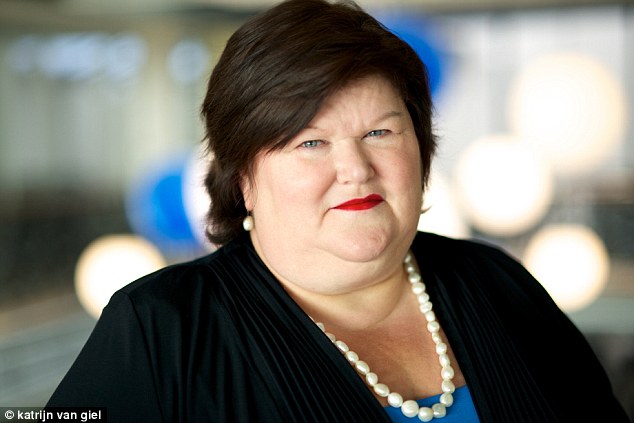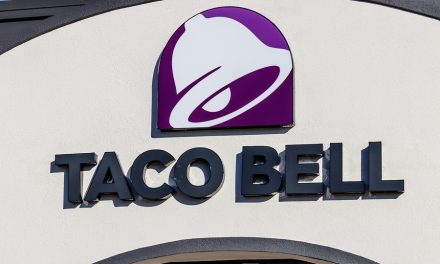On May 16, the Royal Academy of Medicine of Belgium issued an opinion that will allow the imprisonment of parents who enforce a vegan diet on their children.
The academy ruled that veganism is unethical for children because it can lead to health problems as they grow, according to Belgian publication Le Soir. It is not technically prohibited to raise your children on an animal-free diet, and the ruling does not automatically imply child neglect. It does, however, make it much easier to prosecute parents whose children have health problems and are on the strict diet.
As we reported last week, Belgian pediatricians established that children are allowed to follow a vegan diet as long as it’s accompanied by medical supervision, vitamin supplements and regular blood tests. Parents who don’t follow these guidelines but have kids with related health risks face two years in prison, fines, and the possibility that their children will be removed from their homes.
RELATED:
According to Beglian experts, there are actually grounds for the new legal ruling, as harsh as it sounds. The ruling on how veganism affects kid’s health was requested by Bernard Devos, a regional government official who oversees the rights and protection of children in Brussels and the French speaking region of Wallonia, following several deaths believed to be tied to the diet in schools, hospitals and nurseries. The ruling will uncomplicate matters for officials and allow them to take legal action against parents when they believe a child is in poor health due to a vegan diet.
“We can no longer tolerate this endangerment.”1
Because this is an official ruling, it stands as a warning to parents and highlights the determination of the academy to punish those whose children suffer from malnutrition resulting from a vegan diet. Under this law it is a crime not to assist a person in danger. Georges Casimir, who led the commission that wrote the report stated:
“We must explain to the parents before compelling them, but we can no longer tolerate this endangerment.”1
Casimir contends that without sufficient proteins, children may experience psychomotor delays, stunted growth, anemia and malnutrition, and the effects of these deficiencies cannot be reversed with a later change in diet and can last a lifetime. He said in his conclusion:
“When we are children, the body manufactures brain cells. This implies higher requirements for protein and essential fatty acids. The body does not produce them, it must be brought in via animal proteins.”1
Clearly, opinions vary worldwide on this topic. For example, the American Academy of Pediatrics is not averse to vegan diets, stating on its website:
“Although there have been case reports of children failing to thrive or developing cobalamin deficiency on vegan diets, these are rare exceptions. Multiple experts have concluded independently that vegan diets can be followed safely by infants and children without compromise of nutrition or growth and with some notable health benefits.”1
New Zealand’s health ministry has also addressed concerns about whether a vegetarian diet, although less restrictive than veganism, poses risks to children. They concluded that diets that include little to no animal based proteins aren’t necessarily dangerous to kids, especially with supplements and supervision. They conclude:
“It’s possible to have a healthy well-nourished infant or child who eats a vegetarian diet if care is taken.”1
RELATED:
People for the Ethical Treatment of Animals certainly took issue with the ruling in Belgium. Dawn Carr, Director of Vegan Initiatives for PETA in the UK, told the Telegraph it was “a load of ignorant codswallop.”1 Carr asserts that “a well-planned vegan diet is perfect for babies and children” and explains that meat-based diets are the real danger to health, leading to hardened arteries in adulthood that cause brain aneurysms, heart attacks and strokes.
What are your thoughts?
Source:












